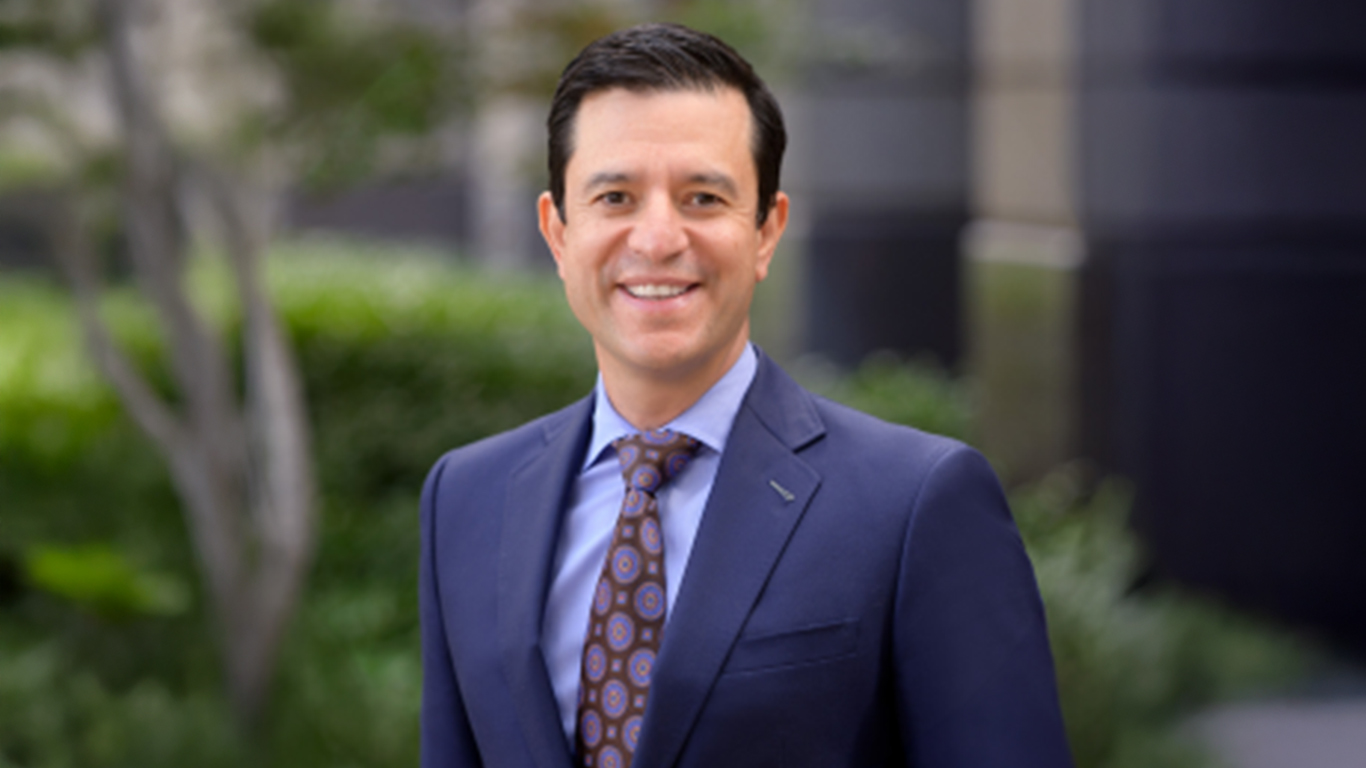Under the Same Sky featuring Francisco Silva
Francisco Silva, President and CEO of the California Primary Care Association, discusses the vital role of community health centers in California’s healthcare landscape.

Access to high-quality healthcare is a cornerstone of thriving communities. In a recent Under the Same Sky discussion, host Abner Mason welcomed Francisco Silva, President and CEO of the California Primary Care Association (CPCA), for an in-depth conversation about the vital role of community health centers in California’s healthcare landscape. Francisco shared his personal journey into healthcare leadership and offered insights into the services, mission, and impact of the health centers CPCA represents.
Journey to healthcare leadership
Francisco’s path to healthcare advocacy began in Salinas, California, where he grew up in an underserved, immigrant farmworker community. Witnessing firsthand the disparities in health and educational services available to his neighborhood shaped his early awareness of inequity. Initially pursuing education policy, Francisco’s career gradually transitioned into healthcare as he recognized its pivotal role in community wellness. Following roles as a budget consultant, attorney, and health policy advocate, Francisco spent significant time at the California Medical Association before joining CPCA as President and CEO. His diverse background provided him with a comprehensive view of healthcare policy, operations, and community needs — making him uniquely equipped to lead an organization dedicated to advancing health equity.
About the California Primary Care Association
The California Primary Care Association is a statewide membership organization representing community health centers and clinics. With more than 2,400 locations, these health centers account for half of California’s primary care visits and serve as the primary medical home for one in five residents. CPCA supports its members through education, technical assistance, and operational guidance, offering resources such as conferences, webinars, and regulatory updates. Additionally, CPCA facilitates connections between health centers and community-based organizations to collaboratively address local health care challenges and improve outcomes.
The unique and essential role of community health centers
According to Francisco, no two community health centers are alike. While united by a common mission, each adapts its services to the specific needs of its community. Originating during the civil rights era to improve health access for underserved populations, many centers have since expanded their reach and offerings. Some centers have introduced innovative programs such as dignified, grocery store-style food pantries, onsite childcare services, or literacy initiatives that distribute books through pediatric visits. Many also offer comprehensive care, including dental, pharmacy, optometry, and behavioral health services. In some rural and urban regions, these health centers, traditionally considered the "safety net" for uninsured and low-income individuals, are the primary or sole providers of health care services for the entire community. They are vital not just for those in need but as essential infrastructure for California’s healthcare system.
A commitment to quality, access, and community dignity
A defining feature of California’s community health centers is their unwavering commitment to providing high-quality, patient-centered care for all, regardless of insurance status. Francisco mentioned that many patients receiving services at these centers may be unaware they are being treated at a federally qualified health center, as these facilities increasingly match the standards of larger health systems. Leadership within these organizations often reflects the diversity of the communities they serve, bringing culturally informed, empathetic, and community-focused care.
Francisco’s conversation offers a meaningful reminder of the essential role community health centers play in advancing health equity and supporting the well-being of California’s diverse communities. Through adaptive, dignified, and comprehensive services, these centers remain at the forefront of both healthcare delivery and community advocacy — improving lives, influencing health outcomes, and strengthening neighborhoods across the state.
